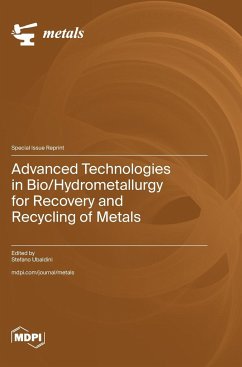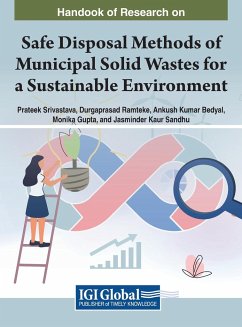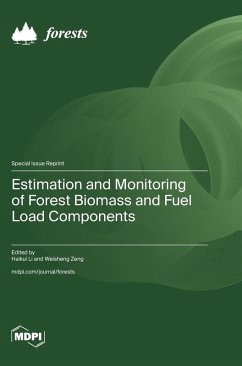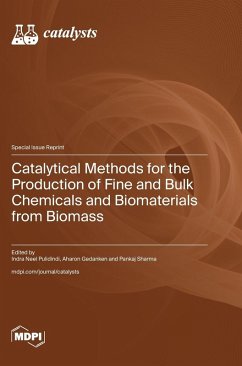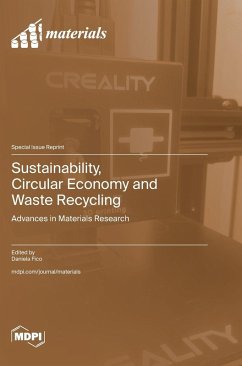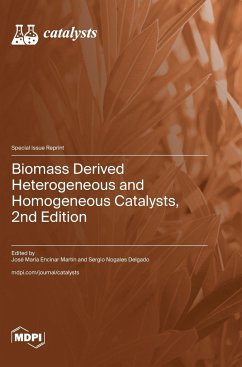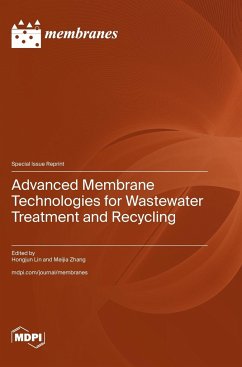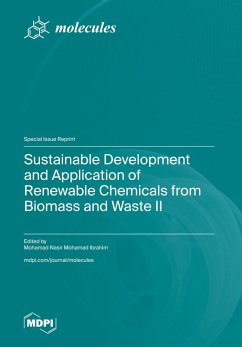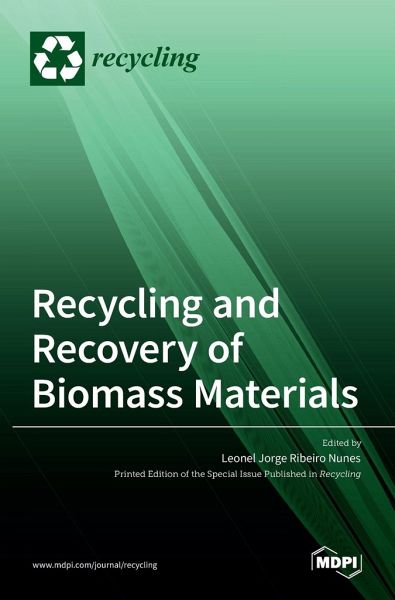
Recycling and Recovery of Biomass Materials
Versandkostenfrei!
Versandfertig in 1-2 Wochen
69,99 €
inkl. MwSt.

PAYBACK Punkte
35 °P sammeln!
The growing demand for new forms of energy has led to a significant increase in the use of biomass as a primary source of energy. Although in many situations, the use of biomass is clearly well studied, in other cases, it is a new world, where knowledge is absent regarding how to best value and recycle these forms of biomass, many of which are classified as waste as a result of production processes. Thermochemical conversion technologies could provide an alternative for the processing of these materials, allowing for a reuse value through the transformation of their properties. The purpose of ...
The growing demand for new forms of energy has led to a significant increase in the use of biomass as a primary source of energy. Although in many situations, the use of biomass is clearly well studied, in other cases, it is a new world, where knowledge is absent regarding how to best value and recycle these forms of biomass, many of which are classified as waste as a result of production processes. Thermochemical conversion technologies could provide an alternative for the processing of these materials, allowing for a reuse value through the transformation of their properties. The purpose of this Special Issue is to contribute to the increase in knowledge in this area when new forms of biomass appear that are cheaper and more available, but also are potentially more problematic, namely in terms of the effects that can be associated with the use of these new products. This Special Issue is focused on the recycling and recovery of biomass materials. Several innovative and alternative concepts can be presented, and the topics of energy recovery, circular economy, life cycle assessment, and supply chain could play a major role. Models on various temporal and geographical scales to understand the conditions of technical as well as organizational change are welcome, as are new methods of modeling that can fulfil technical and physical boundary conditions and consider economic, environmental, and social aspects.



